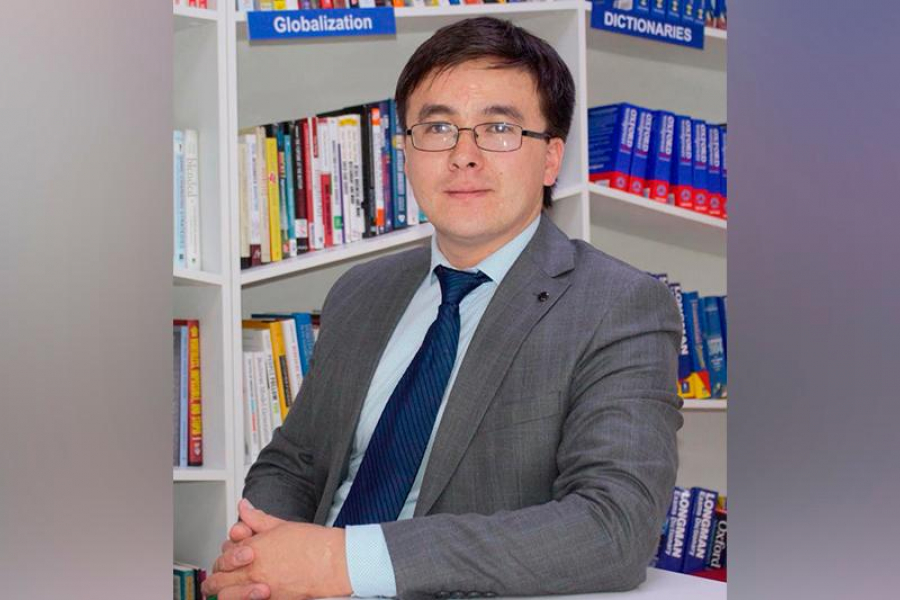
Kazakhstan is
developing the road sector using innovations from domestic scientists. In their
laboratories, they test materials adapted to the country’s climate and regional
characteristics. Durability tests are conducted on crushed stone, bitumen,
soil, and asphalt concrete. This approach has the potential to significantly
improve the quality of roads in the country. Kazakh-made products proved their
effectiveness during trials conducted last year. Among those successfully
tested are an eco-friendly anti-icing reagent, a modifier to enhance asphalt
durability, an additive for strengthening weak soils, and long-lasting road
paint. Further tests will also be carried out on scientific developments such
as a catalyst for reinforcing sand-gravel mixtures and modified mineral powder.
These products are comparable in quality to imported counterparts.
«In 2025, we plan to
test these materials on pilot sections. We will also continue research on soil
stabilization and bitumen modification. Additionally, we will continue efforts and
retraining under the Zholshy system. One of the main priorities in 2025 will be
the digitalization of bridge structures and the introduction of new
technologies for inspecting infrastructure facilities, including the creation
of 3D models of digital twins. The year 2025 promises to be even more
successful. We will continue to develop Kazakhstan’s road infrastructure, improving
the quality of roads and enhancing the qualifications of specialists,» noted Yerik
Amirbayev, Vice President of the Kazakhstan Road Research Institute.
This year, Kazakhstan
plans to implement the Superpave technology. A roadmap for its use has been
developed, and the approval process has already commenced. The project takes
into account the characteristics of the areas where the test road sections will
be built.
«The sections where
this technology will be tested have also been identified. These include the Almaty-Khorgos,
Samara-Shymkent, and Aktobe-Ulgaisyn sections. The Superpave technology will be
tested on parts of these sections,» said Zauresh Omirbekova, Head of the New Technologies
Department at the Kazakhstan Road Research Institute.









